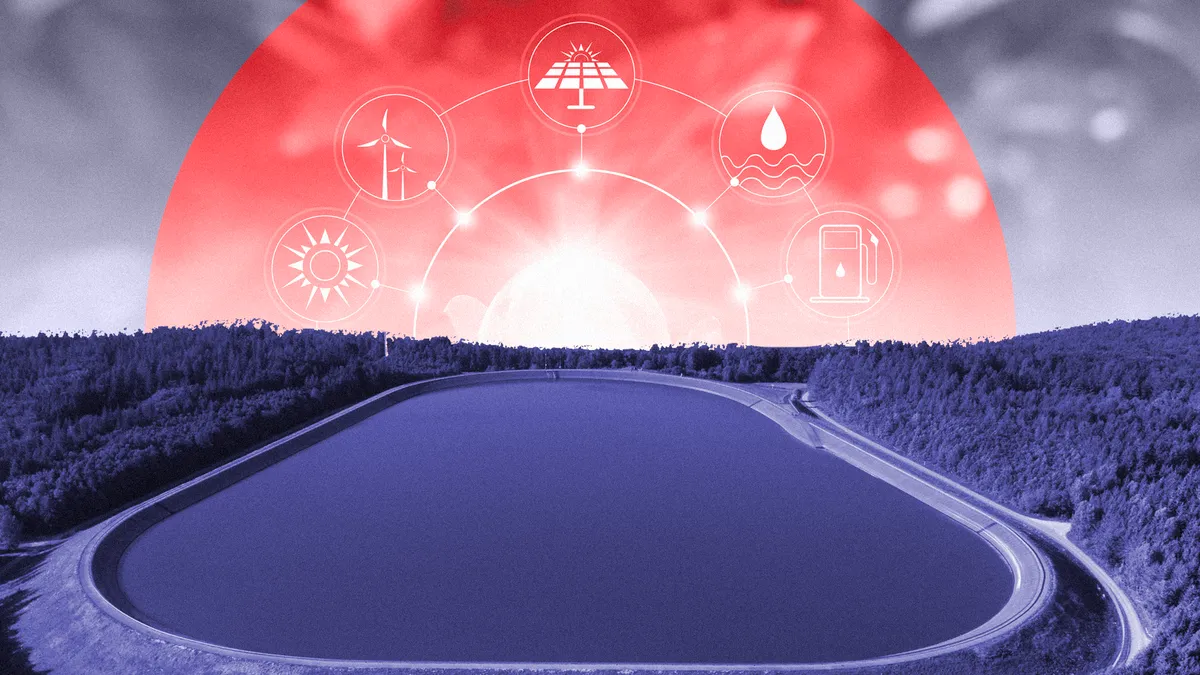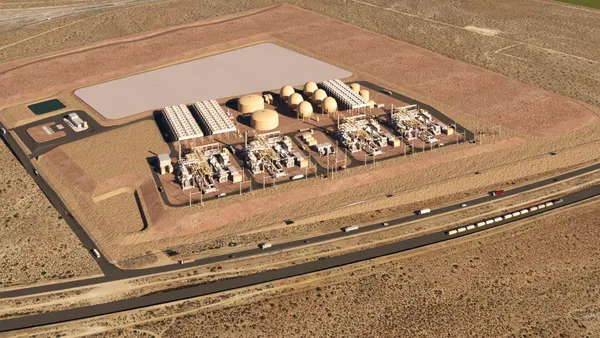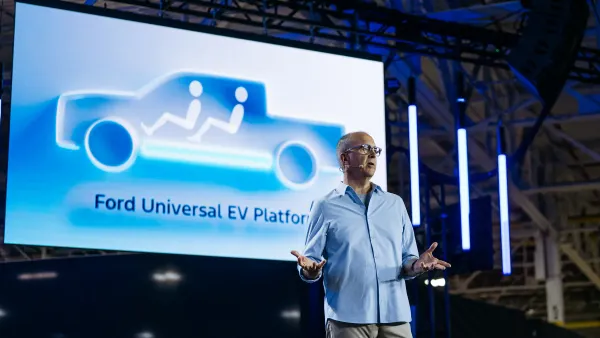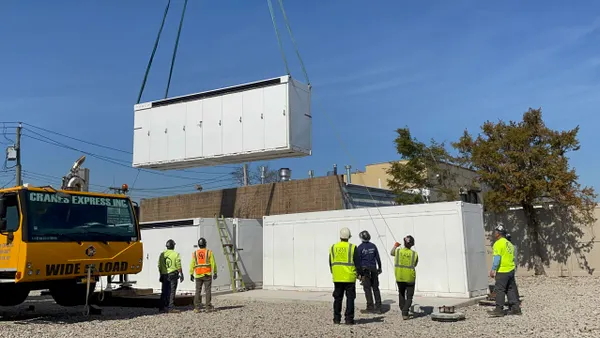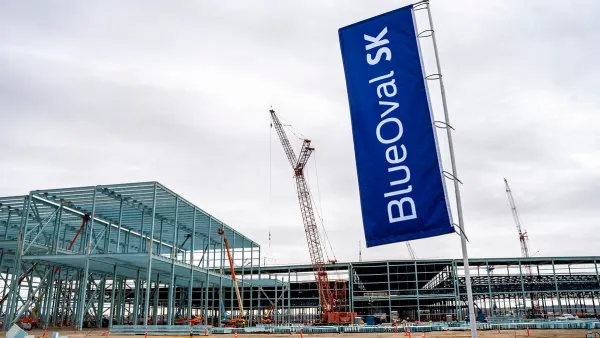Dive Brief:
- Senate Republicans and Democrats concurred at an Energy and Natural Resources Committee hearing last week that robust energy storage is necessary to protect the grid, and the climate from becoming more extreme, but that the pace of project permit approvals, including those for transmission, must be accelerated.
- To do that, Committee Chair Joe Manchin, D-W. Va., along with Sen. Chuck Schumer, D-N.Y., on Sept. 21 introduced permitting reform legislation for fossil, renewable and other projects, called the Energy Independence and Security Act of 2022.
- Achieving timely and cost-effective storage requires permitting reform “to get to a clean energy future,” said Sen. Angus King, I-Maine, who called last Thursday’s hearing “an infomercial” for the permitting reform measure.
Dive Insight:
Congress has appropriated several billion dollars under the Energy Act of 2020, the bipartisan Infrastructure Investment and Jobs Act, or IIJA, and the Inflation Reduction Act, to advance existing and emerging energy storage technologies to meet various grid demands, from evening to multi-hour gaps.
A key aim of the public funding is to create an onshore storage industry — including everything from supplying raw materials to assembling battery packs — to slash dependence on “foreign adversaries,” said Manchin during the Sept. 22 hearing.
“China is responsible for 75% of global lithium-ion battery production, including 60% of the world's cathode production and 80% of the world's anode production,” Manchin said. He also pointed to the nation’s dependence on lithium and other key battery materials from Russia and other geopolitically troubled areas.
There is significant storage waiting in the wings but approval is being slowed by current lengthy permitting, witnesses said.
“There are 421 GW of energy storage in the interconnection queue waiting to be added to the grid, nearly all of which is in the form of lithium-ion battery technology,” Spencer Nelson, managing director of research and new initiatives at ClearPath, told the committee. He said only about 20% of that will be realized if the interconnection queue remains bogged down.
Manchin said that lithium-ion batteries will “continue to play an important role in the storage conversation, [but] are not necessarily the best chemistry for every application.” He added, “As we have learned with the battery supply chain, it is unwise to put all of our eggs in one basket with one singular battery chemistry.”
Sen. Bill Cassidy, R-La., also worried about the dominance of lithium-ion batteries. “Are they going to fill up the room?” he asked.
Pumped storage and emerging air batteries are considered strong potential competitors to lithium-ion batteries, which have a duration of up to four hours.
PacifiCorp is exploring developing pumped storage projects across the West, which would reduce dependence on imported materials. But, “the seven-year permitting process is a big detractor,” Tim Hemstreet, company managing director for renewable energy development, told the committee.
The company filed 11 preliminary permit applications with the Federal Energy Regulatory Commission back in October 2021 which will allow it to evaluate the feasibility of new pumped storage, Hemstreet said.
ClearPath’s Nelson noted there’s a history of a given technology dominating a technology sector even if not suited to meet different demands, pointing to the widely-used QWERTY keyboard as an example. Nelson said that could happen with lithium-ion batteries but that may be averted with the Department of Energy’s funding of new storage technology demonstrations. “Investors aren’t going to pour huge amounts of money in big manufacturing projects unless they work at scale,” he said. “That is why private-public partnerships are so important.”
That includes public and private support for iron-air batteries being developed by Form Energy, a long-duration energy storage company. Their technology is based on research supported by the Department of Energy in the 1970s, said Ted Wiley, company president and COO. The company was awarded a DOE grant of $3 million in 2018 to advance long duration storage. In August 2021, the company raised $241 million from private investors.
Wiley told lawmakers that “every material in our battery is readily available here in the U.S., as well as at the global scale, along with opportunities for high recyclability, as we think about end-of-life product management.” He claimed that Form’s reversible rust batteries “will be able to store energy at less than 1/10th the cost of lithium-ion battery technology at half the efficiency.”
“Finally, a reason to like rust!” Manchin said.
Form Energy is close to selecting a site east of the Mississippi River for its first full-scale battery production factory, which is projected to have up to 100 hours of output, according to Wiley


